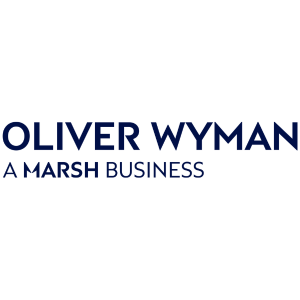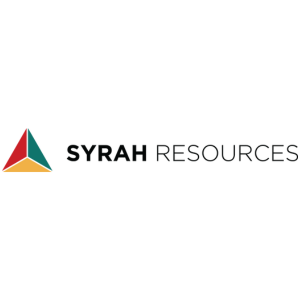Our latest #MILearnandShare feature is an exclusive interview with Tom Butler
|
Tom Butler is CEO of International Council on Mining & Metals (ICMM), and a familiar face in the Mining Indaba community, having spoken on several panels and webinars. Tom will also be moderating this week's webinar on 'Sustainability: Mining for a Low Carbon Future' on November 18 at 3pm (GMT). |
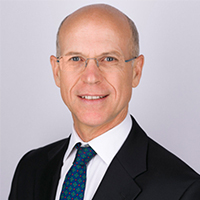 |
What do you believe are the key challenges for the mining industry to become more sustainable in the post-Covid economy? How are your members preparing for the post-crisis recovery?
In my view, the industry is facing five key challenges today: 1) Securing and maintaining the social licence to operate whilst managing increasing, varying and fast-moving expectations from stakeholders. This is tricky to get right, as recent events in Australia have shown. Those who listen and engage with local communities deeply and on a continuous basis, integrate social performance into business decision-making, and build capacity of social practitioners, will be the most successful in the long term; 2) The need to deliver on our commitment to health and safety and zero fatalities, whether to employees or surrounding communities. A key example here is obviously the need for our members to ensure safe and transparent management of tailings storage facilities; 3) Continued demand from stakeholders for greater transparency, disclosure, performance, and accountability across responsible mining practices. A manifestation of this is the marked increase of interest from investors in ESG performance, and a desire for transparency about how that performance is being met; 4) The impact of digitisation and automation and what that means for the future of work. ICMM’s Skills for Our Common Future Initiative seeks to catalyse responses to the urgent need to be prepared as companies, and to equip mining communities to prosper and thrive through the disruptions of our rapidly changing world; and 5), last but not least, climate change and the transition to a low carbon economy. Our sector will contribute to the minerals and metals needed for the clean energy transition. However, as an energy-intensive industry, it is expected to demonstrate commitment and concrete actions to mitigate its own emissions and help ensure a greener, more sustainable future.
Many of these challenges have become particularly relevant in light of the COVID-19 pandemic and ICMM has provided a platform for members to share their emerging issues, responses, and lessons learned. These have been captured by the Building Forward Better Framework which provides case studies, resources and insights shared by ICMM member companies and associations for use by the wider industry and businesses in other sectors. This is to help review and strengthen their own immediate responses and to encourage thinking about mining’s collective role in supporting long-term community resilience.What needs to change in the way we source metals and minerals? Is ICMM observing this evolution among its member companies already?
Today, we rightly face far greater scrutiny than ever before as to whether our materials are being produced responsibly. This has been driven by recent events including the tragic collapse of the Brumadinho tailings facility in Brazil, the destruction of Juukan Gorge in Australia and continued instances of fatalities. We have seen demands for greater transparency, disclosure, and accountability with ESG being pushed further up the political and business agenda.
Stakeholder expectations were a key driver behind the latest evolution of our membership commitments, our enhanced Mining Principles, which apply to more than 650 of our members’ assets in over 50 countries. They seek to articulate what good practice looks on a site by site basis. The initial driver for this evolution was concerns expressed by some key end consumers, however, over the last 2 years, we have also witnessed a significant increase in investor focus on the asset level. As a result, our members are strengthening social and environmental requirements (covering areas including human rights, mine closure, resettlement, security, diversity, free prior and informed consent, and respect to indigenous peoples) and are increasingly aligning with or establishing equivalency approaches to the objectives of other responsible sourcing initiatives. By applying ICMM’s assurance and validation procedure, members reinforce their commitments to transparency and accountability through third party checks.
What are the top three characteristics a modern mining company should possess in order to secure and maintain a social license to operate in the long and short terms?
In my mind, social license is a broader concept than broad community support. That is of course a key component, but we also need to retain the support of governments, capital providers, and broader society if we are to continue to thrive. In that context, my top 3 are as follows:
-
Strong community engagement - It is critical that we work together as an industry to help strengthen management approaches to successful community engagement, and co-design solutions to emerging issues if we are to ensure a positive impact. We all have Juukan Gorge top of mind as we consider the heightened sensitivity around the societal impact of mining operations. It is clear to me that we must learn from this tragic event, talk openly about what happened and acknowledge that there is still much more to do in managing the S in ESG – and that of these three letters, the S is the hardest to get right.
-
Adapt to the external context - Companies must be nimble in the face of rapidly evolving external pressures which continue to accelerate. The COVID-19 pandemic has shone a spotlight on just how quickly things can change, but also on the many inequalities and vulnerabilities are seen throughout society. Our industry recognised this and came together quickly with workers, communities, governments, and other stakeholders to help tackle this common global enemy. We have demonstrated adaptability, resilience, purpose, and compassion, but must be prepared to make this commonplace as countries across the globe face the threat of second waves and further economic uncertainty for years to come.
-
Explaining our narrative and our performance – Looking ahead, analysts are predicting that demand for metals including cobalt, copper and zinc, will surge as nations and consumers turn to cleaner forms of energy. Our industry can have a very positive impact on the mineral-rich countries that will supply this demand in the future. We must recognise that with this long-term thinking comes the duty to stick to long-term future commitments. Mining companies must deliver on these goals whilst not being overly subject to quarterly investor and government pressures if we want to meet expectations of around sustainability and transparency. And, importantly, we must be willing to explain all that and how we will do it well. We must be transparent, accountable, and open about our performance, and our successes, no matter which letter in ESG they may relate to.
What are the gaps in the engagement process among various mining stakeholder groups? How could these gaps be closed, and which stakeholders should become more involved and collaborative on the road towards greater sustainability?
These gaps are most appropriately identified by the UN’s Sustainable Development Goal 17 - revitalize the global partnership for sustainable development. Within an industry context, this goal recognises the need for government, civil society, and the private sector to partner and deliver. Often these three groups are not at the same table but when they are brought together, the outcome can be extremely powerful. What our industry knows better than any other is the critical importance of collaboration to tackle some of the greatest challenges facing our industry – the very existence of ICMM is testament to that.
A recent example of what such collaboration can achieve is the development of the Global Industry Standard on Tailings Management which brought together the United Nations Environment Programme, the Principles for Responsible Investment and industry through ICMM to the table to develop the first global standard for the management of tailings.
Looking towards the future, a collaboration of a different sort, but unique in its own right is ICMM’s Innovation for Cleaner, Safer Vehicles (ICSV) initiative. It brings together our 27 members as well as 19 mobile equipment suppliers to work together in a non-competitive space for the accelerated development of a new generation of mining vehicles, that will address health, safety, and climate change issues from the mine site. I believe that such collaborations, that co-design credible solutions which work for everyone, can be a model for addressing other big challenges.
Join Tom and our other industry experts tomorrow at 3pm (GMT) for the Mining for a Low Carbon Future webinar! Tackling the all-important question 'how can Africa benefit from an increasing demand while managing the mining sector in a sustainable manner?' Register today.
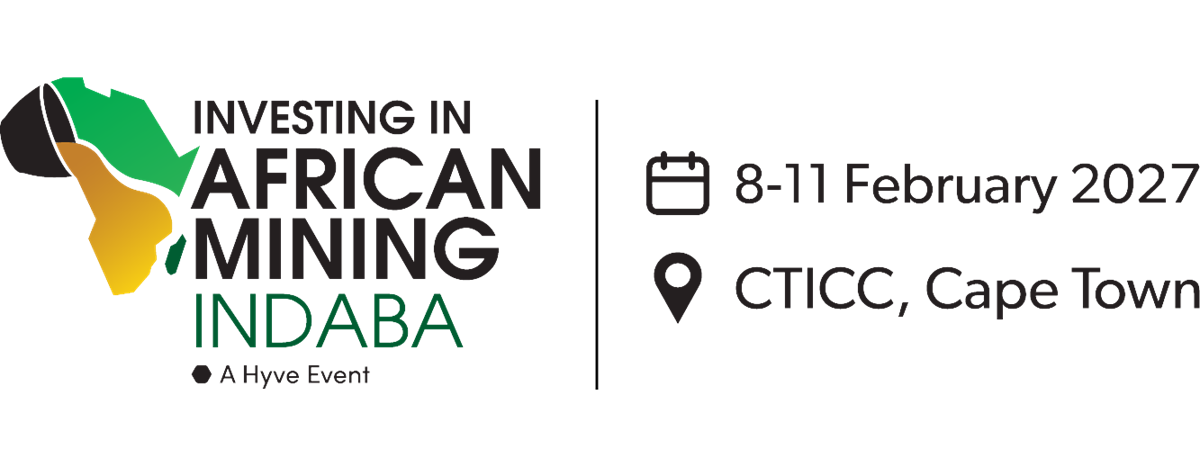
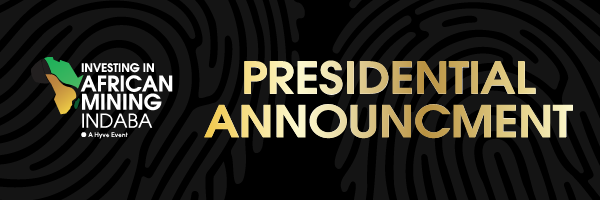


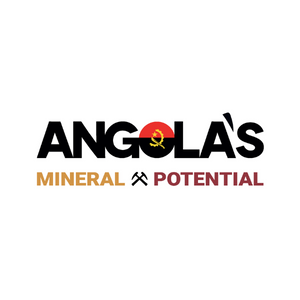
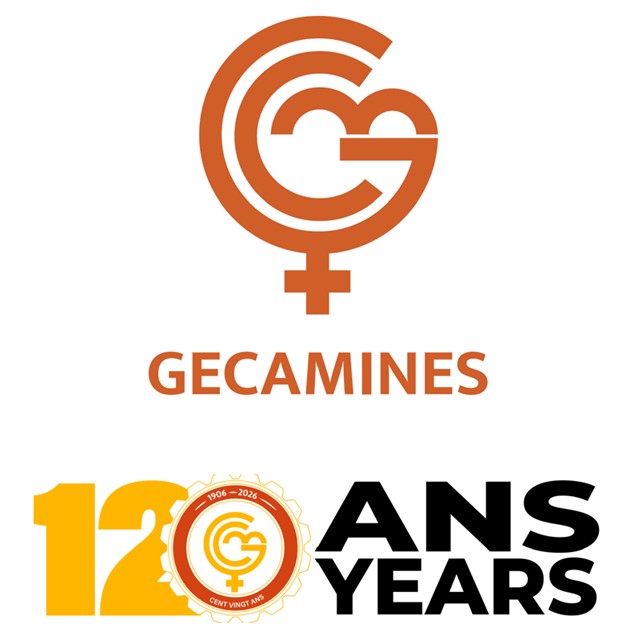
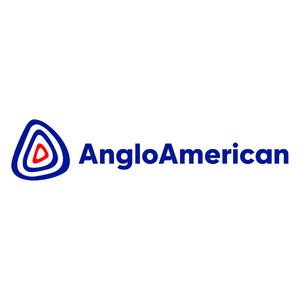
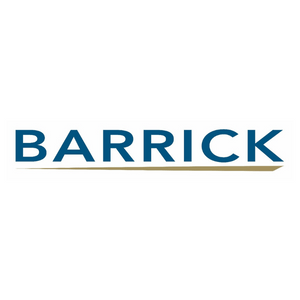
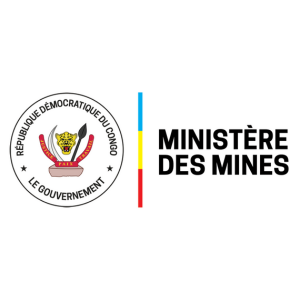
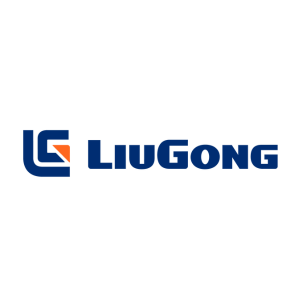
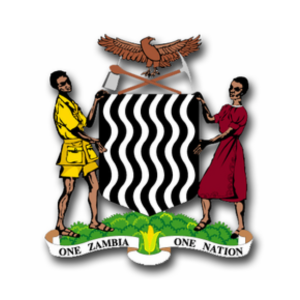

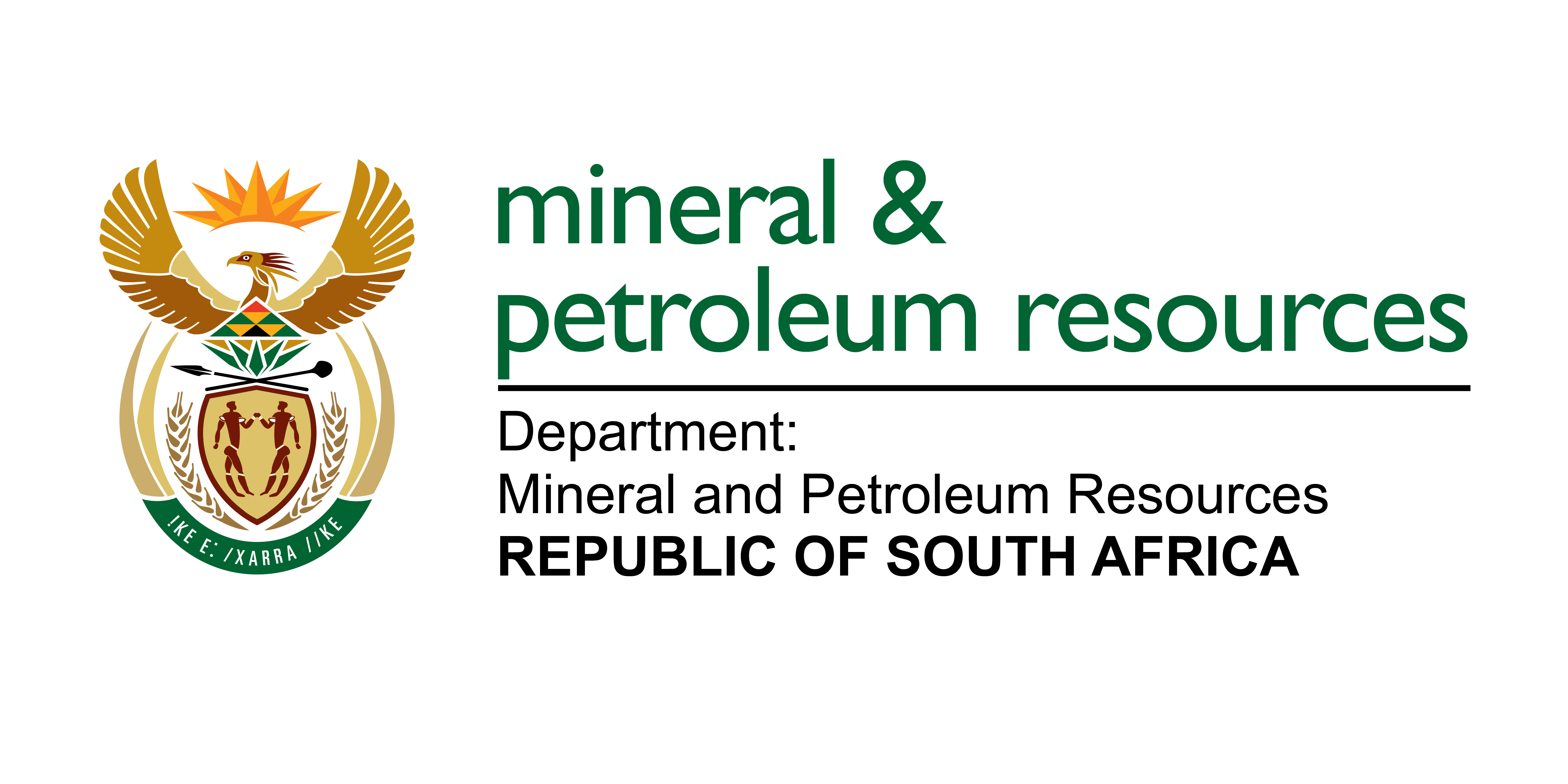-Logo_CMYK_1.jpg?width=1000&height=500&ext=.jpg)
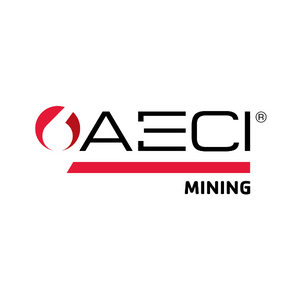

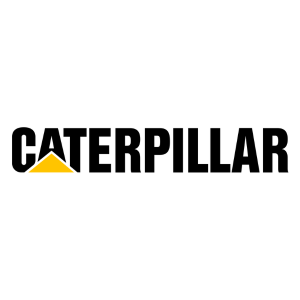

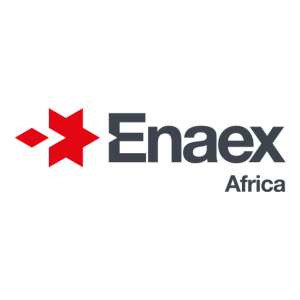


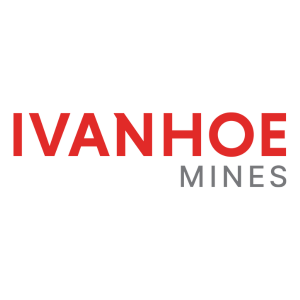
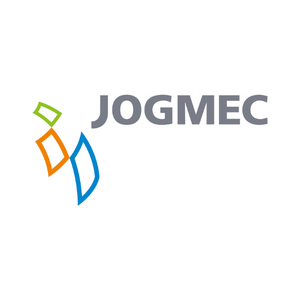

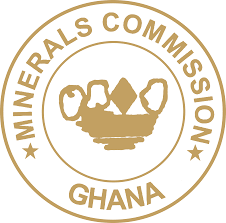
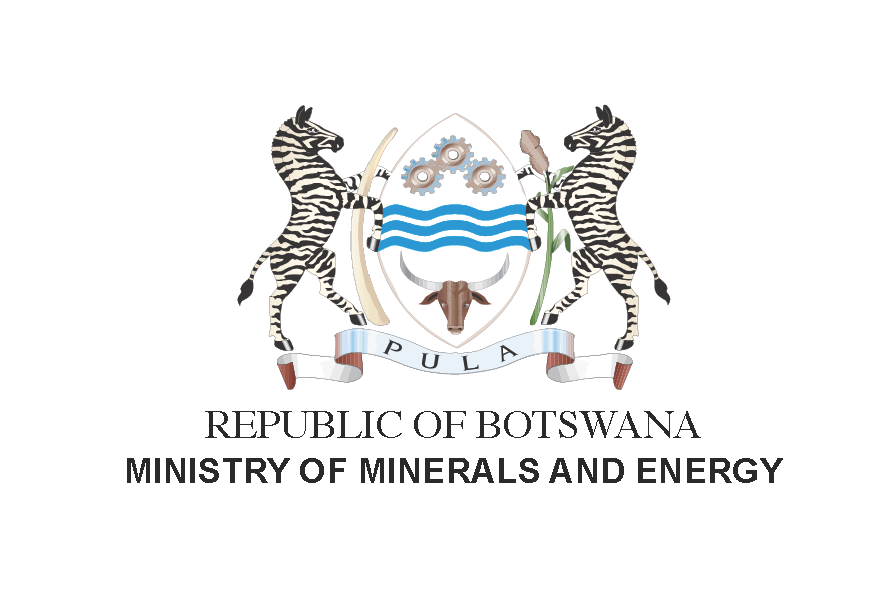.png?width=300&height=208&ext=.png)
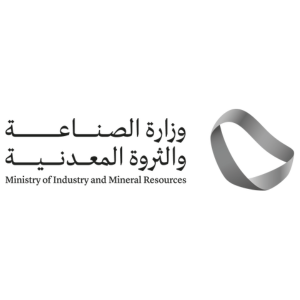
_mi25-weblogo.png?ext=.png)
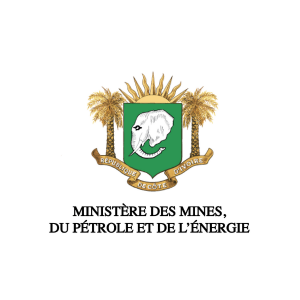
_1.png?ext=.png)


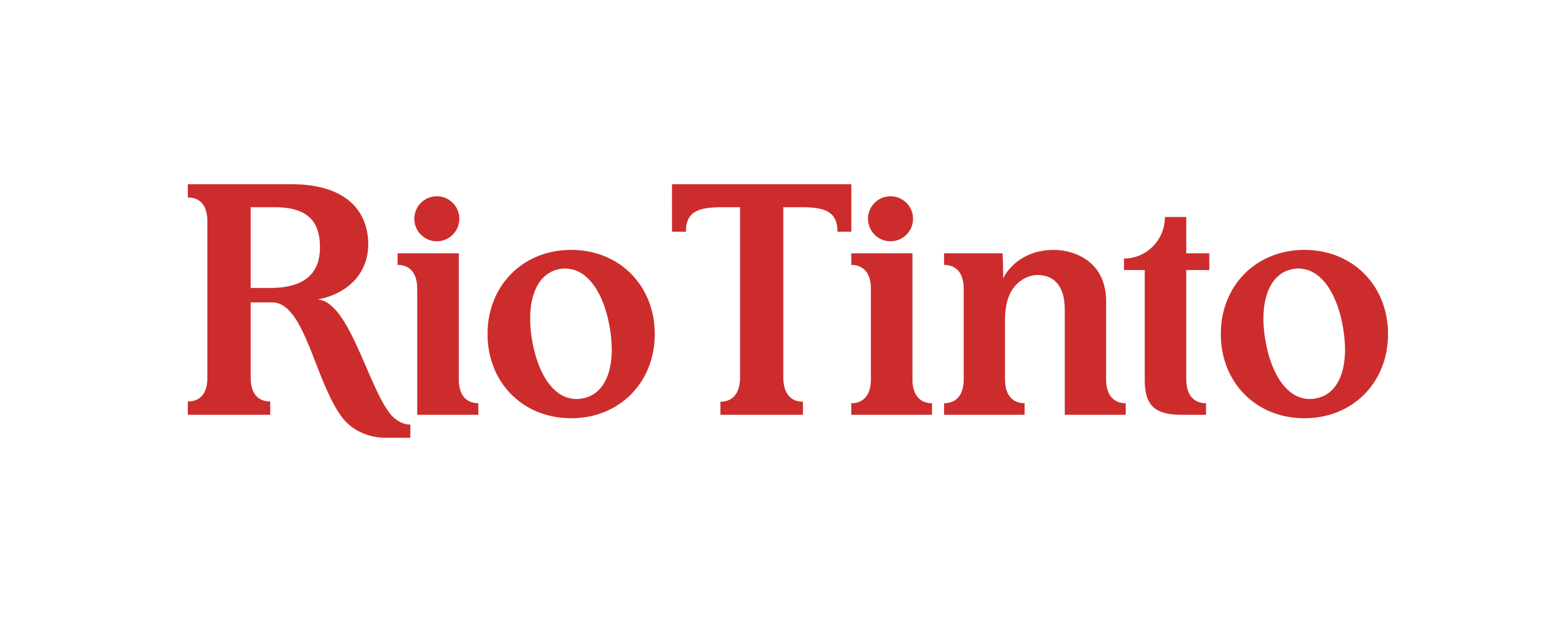

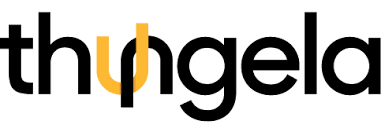

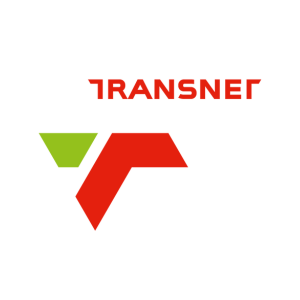
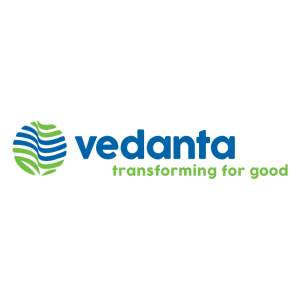

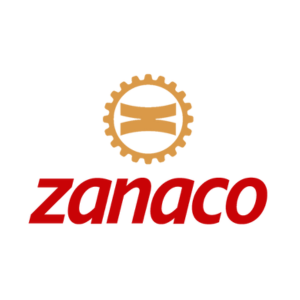
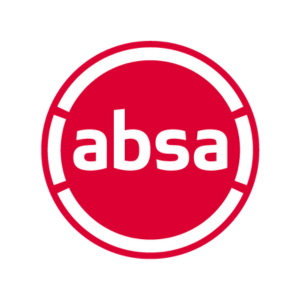
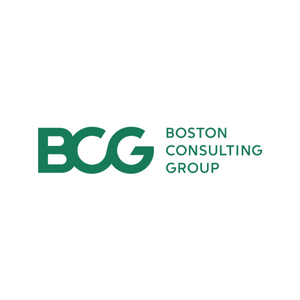
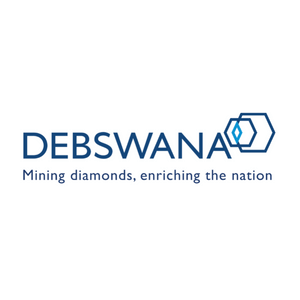



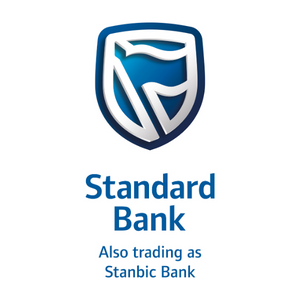


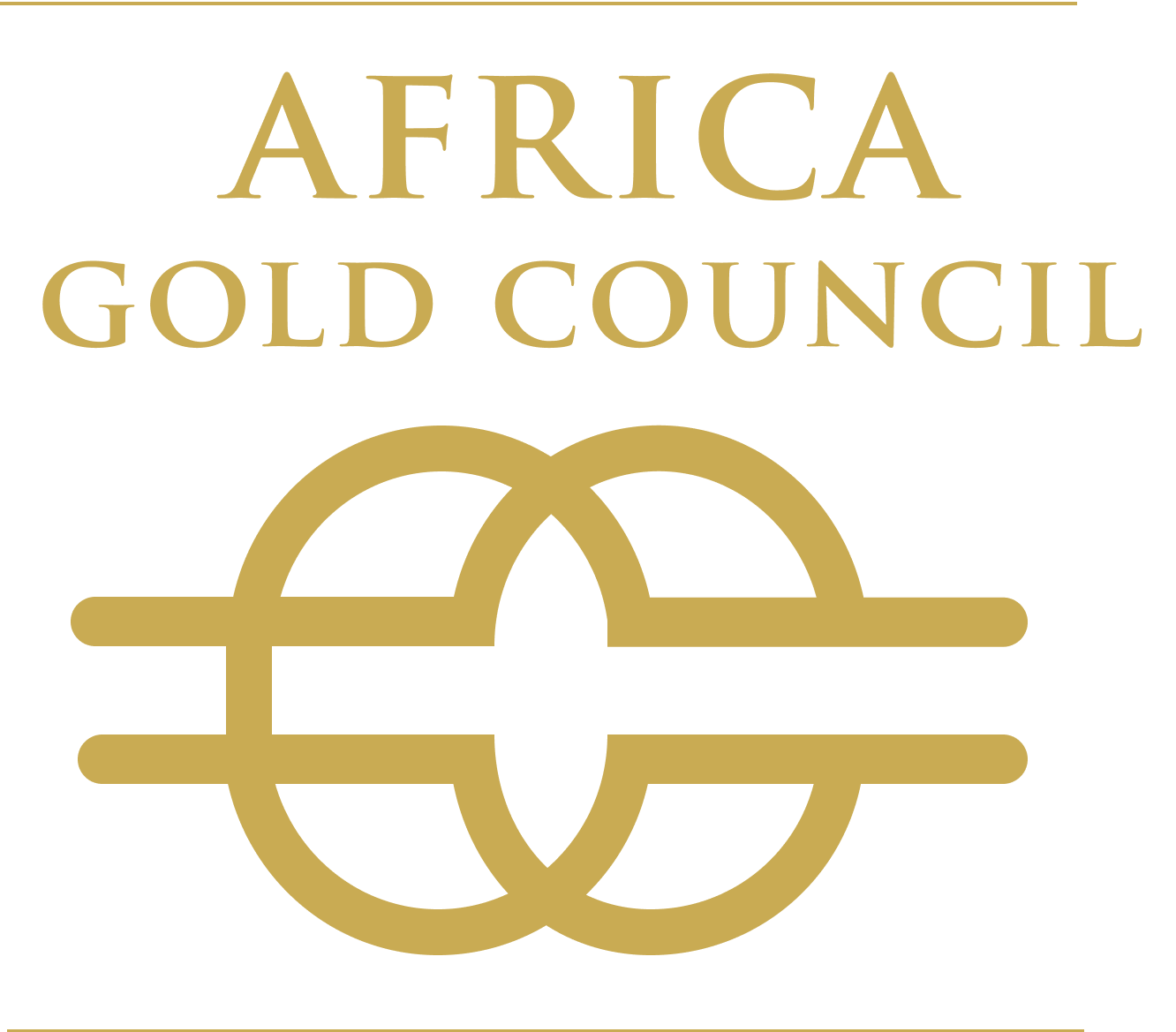
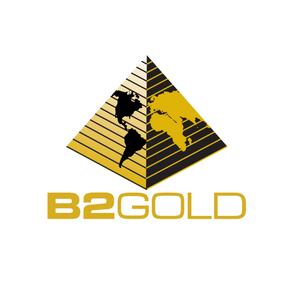
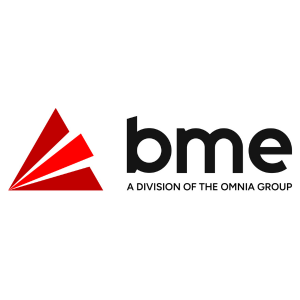


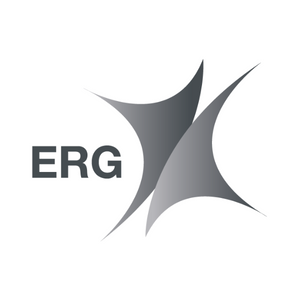





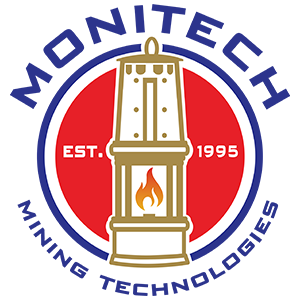

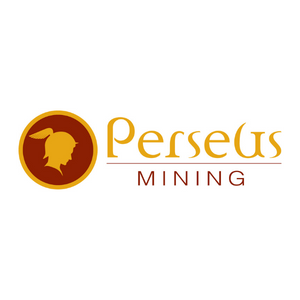
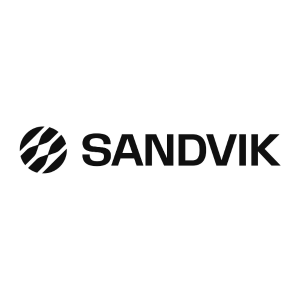

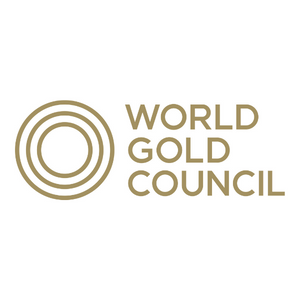
_logo.png?ext=.png)

_mi25-weblogo.png?ext=.png)

